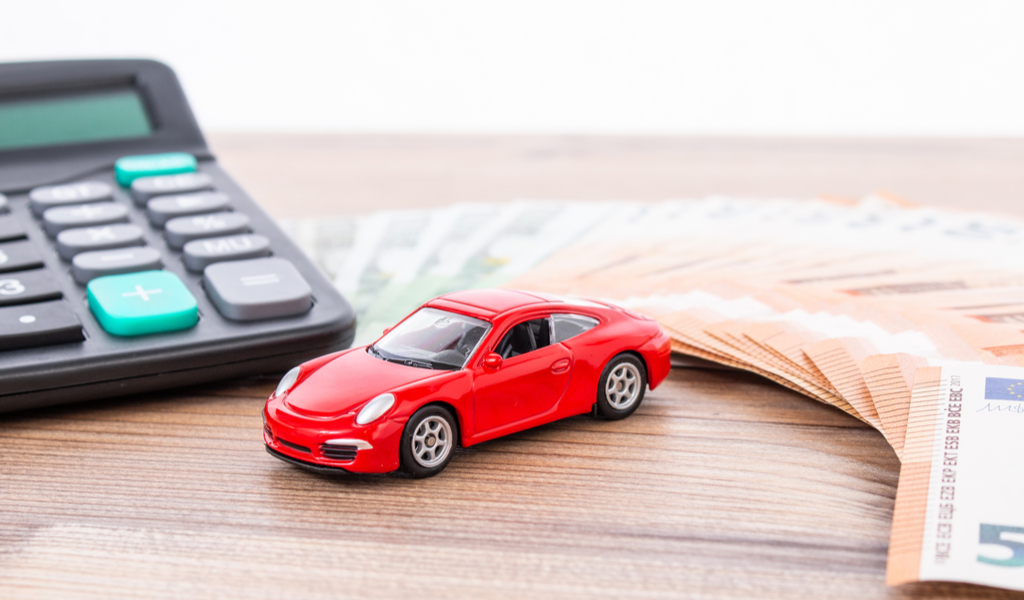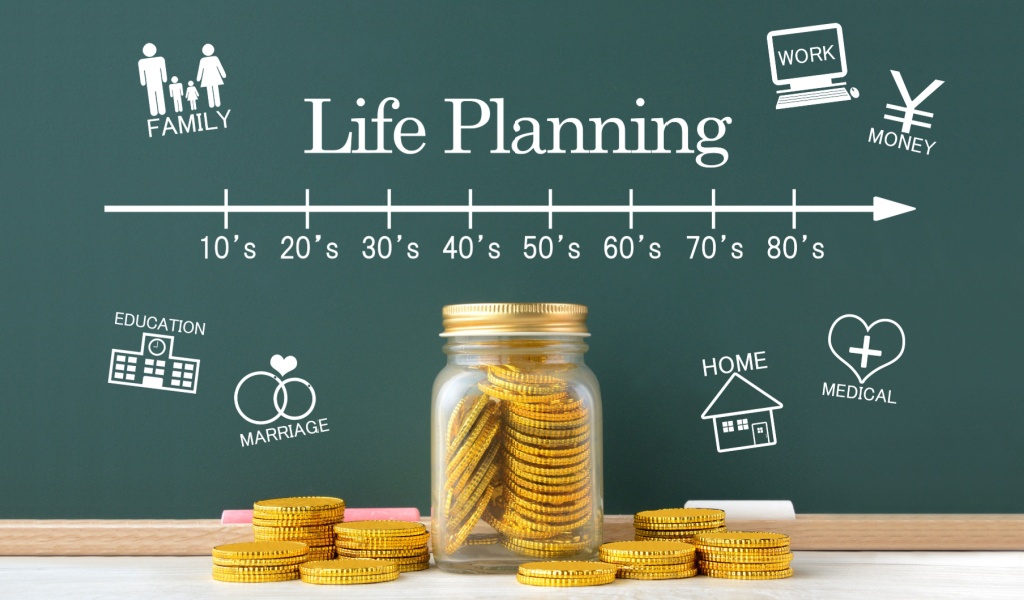Car insurance is a fact of life. If you want to drive, you need insurance; there’s no way around it. Although it’s not a fun topic, learning about insurance now will help you be smarter once you get out on your own. It will also help save you and your parents money, which everyone will appreciate. Whether your parents are paying for your insurance or you’re covering the cost of it yourself, there’s a few things you need to know about your car insurance.
Why Do You Need It?
There are two main types of car insurance: liability and first-party coverage. Liability insurance is required by law, but first-party insurance is optional. Basically, liability coverage protects you from being sued if you ever cause an accident. If you damage another person’s property without having insurance, you will be responsible to pay for the repairs yourself; if you have insurance, the policy will pay for these repairs instead. This is also true of any injuries the other person sustains during an accident you cause.
First-party coverage pays to fix your own car or cover the cost of your own medical expenses. First-party insurance costs more, but many people feel like the protection is worthwhile. You should discuss your options with your parents and the insurance company to find the best option for you.

Why Does It Cost So Much?
You probably know that teenagers pay more for car insurance than any other group of drivers. In fact, just having teenagers in the house makes your parents’ policy increase, even if you don’t drive. There are a couple of reasons for this. First, teenagers are statistically more likely to get into accidents than drivers with more experience. According to the CDC, car accidents are the single largest cause of death for teenagers, and teens account for 30 percent of all vehicle crashes.
The other reason that teens pay more for insurance is that insurance companies base rates on previous driving history. If they have no history to draw from, they use statistical information instead. This means that you’ll pay more for insurance because other teens drive irresponsibly even if you have a perfect driving record yourself. Fortunately, your rates will start to decrease after you’ve had a policy for a few years; if you turn 20 without any accidents or tickets, your rates will be lower than a new driver getting her first policy at 20.
In the meantime, you can reduce your rates by getting good grades and taking a defensive driving course. Some insurance companies offer a 10 to 20 percent discount for each of these things, which can help keep your costs down while you’re in school. You and your parents can talk to the insurance agent to see if any other discounts are available that will keep the monthly bill low.



